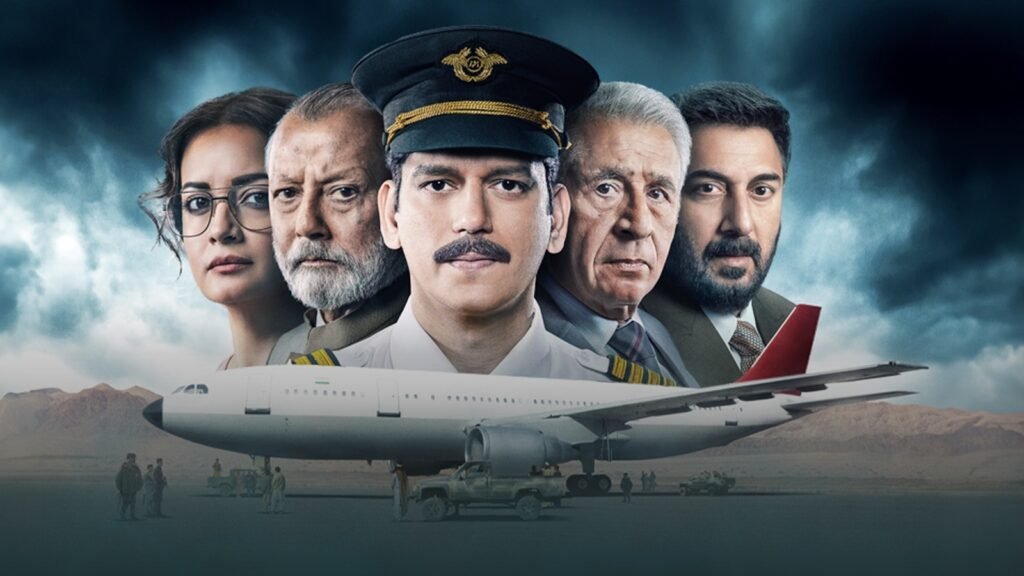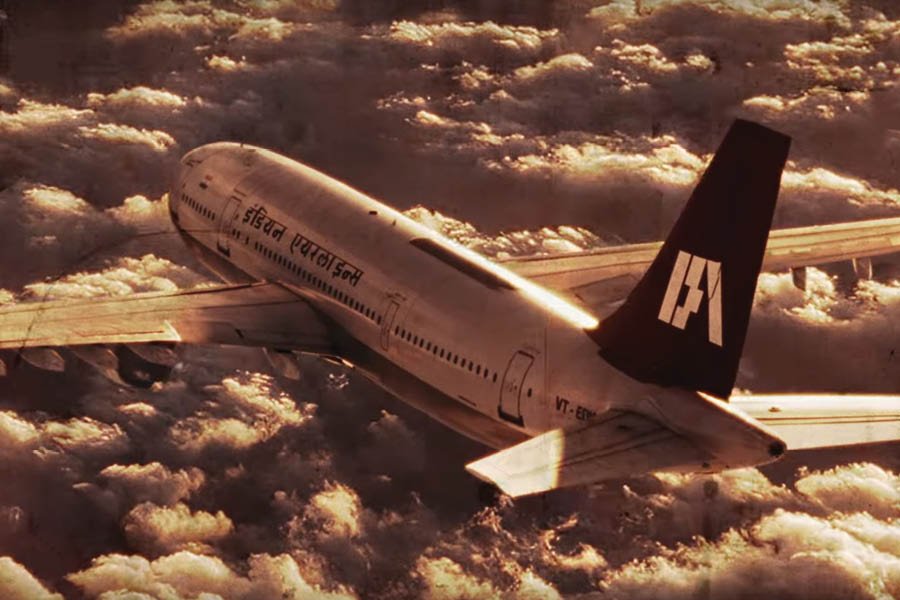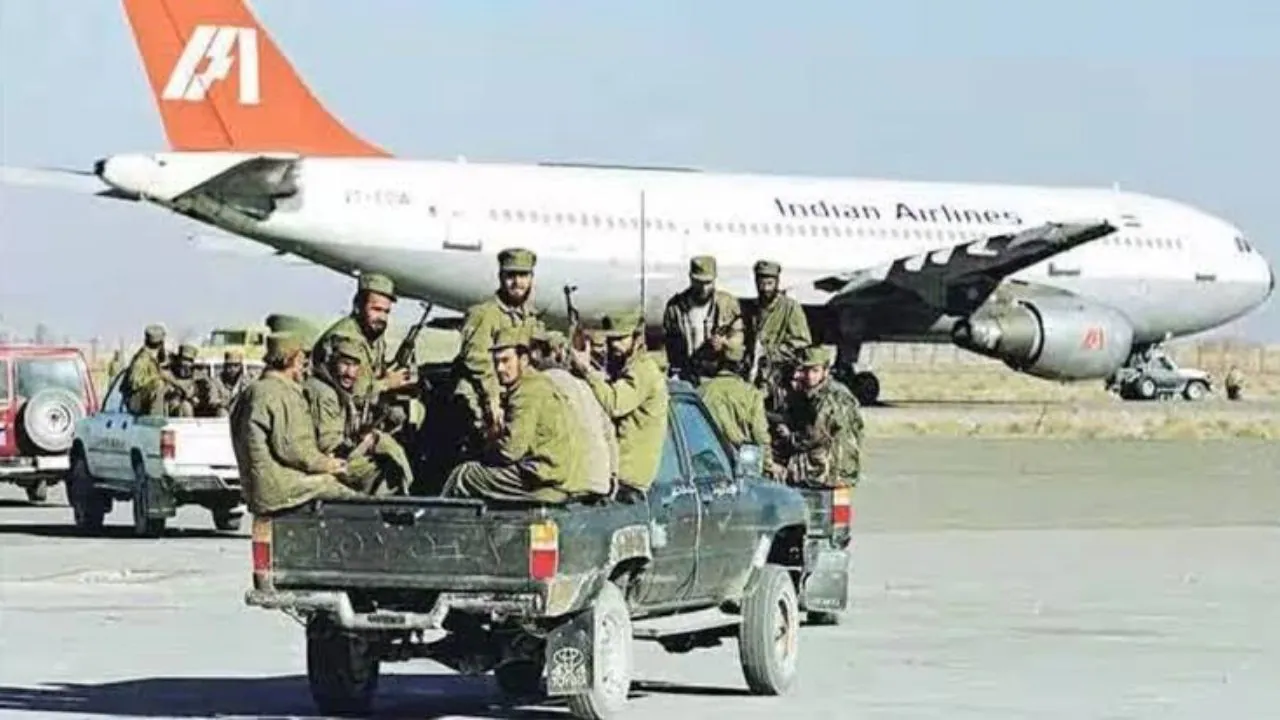| In Short |
| Indian Airlines Flight IC814 was hijacked on December 24, 1999, by terrorists seeking the release of three militants. |
| Roberto Giori, a Swiss-Italian businessman controlling 90% of the world’s currency printing, was aboard the flight. |
| Despite his high profile, the hijackers were unaware of Giori’s status, though his presence added a global dimension to the negotiations. |
| Intense negotiations led to the release of three militants, including Masood Azhar, in exchange for the hostages. |
| Giori’s experience during the hijacking left a lasting impact on him, highlighting the intersection of wealth, power, and vulnerability. |
The hijacking of Indian Airlines Flight IC814, which took place in December 1999, was one of the most harrowing and politically charged experiences that India could have ever faced. While en route from Kathmandu to Delhi, five terrorists seized flight control and, at gunpoint, forced it to make numerous stopovers before landing in Kandahar, Afghanistan. In that week-long episode, this country saw really tight negotiations and the release of hardcore militants. Apart from this tragedy, there was one remarkable factor, yet less known-the presence of a very powerful Swiss-Italian businessman aboard this flight.
The Hijacking: A Gripping Drama
The aircraft had been hijacked on December 24, 1999, shortly after taking off from Kathmandu, by five terrorists-a group that later came to be identified as the members of the Harkat-ul-Mujahideen. The militants wanted three of their associates freed, including Masood Azhar, chief of the militant group Jaish-e-Mohammed. The hijackers were also demanding a hefty ransom of $200 million from the Indian government. It was a wild odyssey with repeated zigzag flights over several countries with brief touchdowns at Lahore and Dubai that left the 176 passengers and crew in sheer terror.

Among the hostages was Roberto Giori, a Swiss-Italian businessman who owned at the time De La Rue Giori, a company which controlled around 90% of the global currency printing business.
A High-Profile Passenger: Roberto Giori
What the hijackers did not know was that Roberto Giori was no ordinary passenger. His company had a virtual monopoly on printing the world’s currency, and he had considerable clout in international financial circles. He was returning from a holiday in Nepal with his companion Cristina Calabresi when the plane was hijacked.
Now, though the hijackers did not know that fact, the presence of Giori turned out to be one of intrigue. Different reports suggest that high-profile status might have played a role in the diplomatic backstage work, with Switzerland nudging India quietly for his safe release. His presence gave an international character to the whole situation, and there is speculation about whether this might have heightened international pressure on the Indian government during negotiations.
The Tense Negotiations in Kandahar
When the aircraft reached the Taliban-controlled city of Kandahar, matters became all the more dangerous. The Taliban acted as intermediary, though that too was suspect in every respect. For the Indian government, meanwhile, the diplomatic challenge lay in balancing international pressure, domestic outrage, and hostage safety.
For Ajit Doval, the negotiation drive was putting him under great pressure as he grappled with the hijackers and the Taliban through the discussions in bringing the crisis to an end. It was at this painful decision, made on the seventh day, that the Indian government announced the release of three militants: Masood Azhar, Ahmed Omar Saeed Sheikh, and Mushtaq Ahmed Zargar, in exchange for the hostages.
Giori’s Unseen Influence
While much of the public focus has been on the tactical and diplomatic maneuvers, Giori’s presence remained largely out of the spotlight. However, his story is one of quiet resilience. Despite his status, Giori endured the same harsh conditions as the other hostages, including threats to his life and severe psychological duress. In later interviews, he reflected on how the experience left a deep impact on him. He marveled at how calm the Indian passengers remained, a stark contrast to how other nationalities might have reacted in a similar situation.

Switzerland’s diplomatic response to his capture was discreet but effective. It is believed that Swiss envoys worked quietly behind the scenes, adding further urgency to the negotiations. Giori’s stature as a financial magnate may have indirectly influenced the speed and intensity with which the Indian government handled the crisis.
A Lasting Legacy
The IC814 hijacking marked a significant turning point in India’s counterterrorism policies and international diplomacy. The release of the three militants, especially Masood Azhar, had far-reaching consequences, as Azhar would go on to lead Jaish-e-Mohammed, the group responsible for several terror attacks in India, including the 2019 Pulwama attack.
For Roberto Giori, the ordeal was a life-altering event, a reminder of how wealth and power offer little protection in moments of extreme vulnerability. His story remains a hidden but fascinating chapter in the larger narrative of the IC814 hijacking, one that underscores the intersection of global finance, terrorism, and diplomacy.
For Latest News Updates, Click Here.
